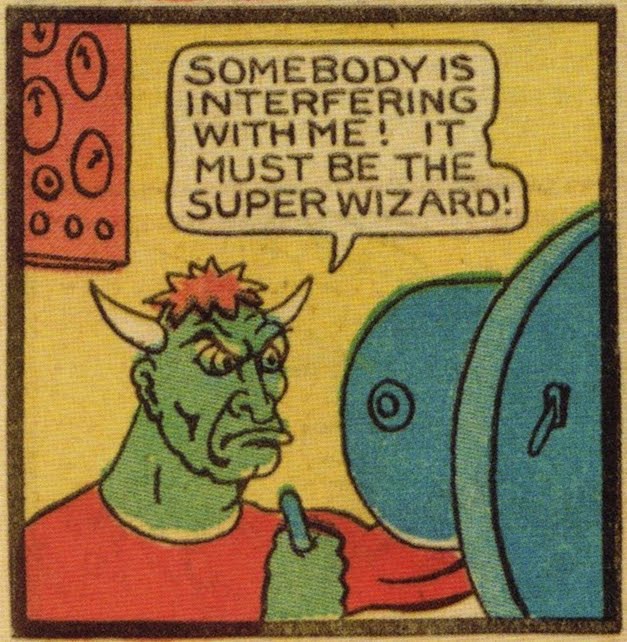
Would we better off in a world without blame?
This has also been a boom time for blame in moral and political philosophy, partially in reaction to John Rawls’s A Theory of Justice (1971), which is widely credited with reviving these fields. Rawls focused not on personal responsibility but on ensuring fair conditions that would create opportunities for everyone to pursue their aims. Within a decade, however, Rawls’s theory was under attack from the left and right for giving insufficient attention to personal responsibility and associated attitudes toward blame. On the right, Robert Nozick’s 1974 Anarchy, State, and Utopia heralded a major libertarian revival, centered on individual rights and individual responsibility. On the left, Ronald Dworkin proposed an alternative to Rawls’s vision of liberal egalitarianism, one that brought personal responsibility into the egalitarian fold. On the one hand, Dworkin argued, our fate should not be shaped by “brute luck”—circumstances, whether social or biological, not subject to our control. But as to anything that results from our choices, blame away. As the philosopher G. A. Cohen said of Dworkin’s argument, it has “performed for egalitarianism the considerable service of incorporating within it the most powerful idea in the arsenal of the anti-egalitarian right: the idea of choice and responsibility.”Christians have destroyed marriage!
Why exactly are we trying so hard to make the world safe for blame? What have we gained and what have we lost in the effort? And is there an alternative?
No divorce for you. YET.
Damned kids!
Every year, lecturers marking examination scripts are asked by Times Higher Education to share their favorite student slip-ups.Developing world developers:
A mixed metaphor from one student, who described Alain Resnais’ controversial Holocaust documentary "Night and Fog" as "a hotly contested potato," caught the eye of Steve Hawley, head of media at Manchester Metropolitan University’s Manchester School of Art.
Q. What is AkiraChix??Warren Hill won't die:
A. AkiraChix is an association that inspires and develops women in Technology through networking, training and mentoring.
Q. Where does AkiraChix work?
A. AkiraChix’s activities have been concentrated in Nairobi so far, but we are expanding to engage with women across Africa WHAT’S NEXT? AkiraChix has big plans for the next year. In addition to expanding our training program and increasing our membership, we have some exciting initiatives in mobile technology that will reach out to youth all across the country and beyond.
Georgia has been trying desperately for decades to execute Warren Hill, a convicted murderer who long ago was sentenced to death for a gruesome crime. But just when it looked like state officials would get their wish, just when it looked like the state and federal courts had rejected all of the substantive and procedural arguments Hill's attorneys could gin up, just when it looked like state sovereignty would prevail over the Eighth Amendment, Georgia blew it.Copies:
The state blew it because in its zeal to execute Hill, in its desire to keep the "machinery of death" cranking in the Peachtree State, it enacted this past spring a wholly unnecessary (and patently unconstitutional) "state-secret" law that sought to keep vital information about capital procedures from the public--and the state's judiciary. Georgia thereby failed to abide by the governing principle of legal argument: quit while you are ahead.
Zhenhan Hao explored China's copy culture in an attempt to go beyond the 'illegal', 'vile' and 'evil' epithets that are usually associated with the practice. In the artist/designer's own words:I have taken on the guise of an agent and am managing two research-practices simultaneously under different social contexts. In China, I have proposed a new production model for craftspeople in Dafen village and Jingdezhen, 'the porcelain capital of China', to imitate and create at the same time. Together, we co-produced a series of improvised products that sought to inspire the imitators to explore their imagination and creativity.Hao asked artisan imitators to use their own imagination and customize the goods that would otherwise have been mere replicas of 'Western' artworks and fashion items. He commissioned a suit, a series of ceramic vases as well as oil paintings. He would suggest that the workers stick to what they are used to (imitating famous fashion brands or Impressionist painters) while adding something personal. A cobbler created footwear that mix the design of traditional Church's shoes with the bold colour of trainers. And tailors designed a suit by mixing western aesthetics (in particular the famous Barbour jacket) with traditional Chinese patterns and symbols:
 It will never end:
It will never end:A very large study of self-employed people living in France finds those who retired later had a lower risk of being diagnosed with dementia, in line with the idea that you either "use it or lose it."
Carole Dufouil of the Bordeaux School of Public Health, and colleagues, found that the risk of being diagnosed with dementia went down for each year of working longer.
The study appears to confirm earlier research that suggests lifelong mental stimulation and challenge may protect against Alzheimer's and other forms of dementia.


4 comments:
That tea party picture is aweseome.
~
"I'm not going soft on gay marriage," sez Coach (& closet case) Dave.
One has, then, a choice between dementia or killing your co-workers? Whatever.
This is why I continue to spew at the world, even in (forced) retirement. But who's to say I'm not already demented?
A little less kerosene on your brain might slow the process some.
Post a Comment